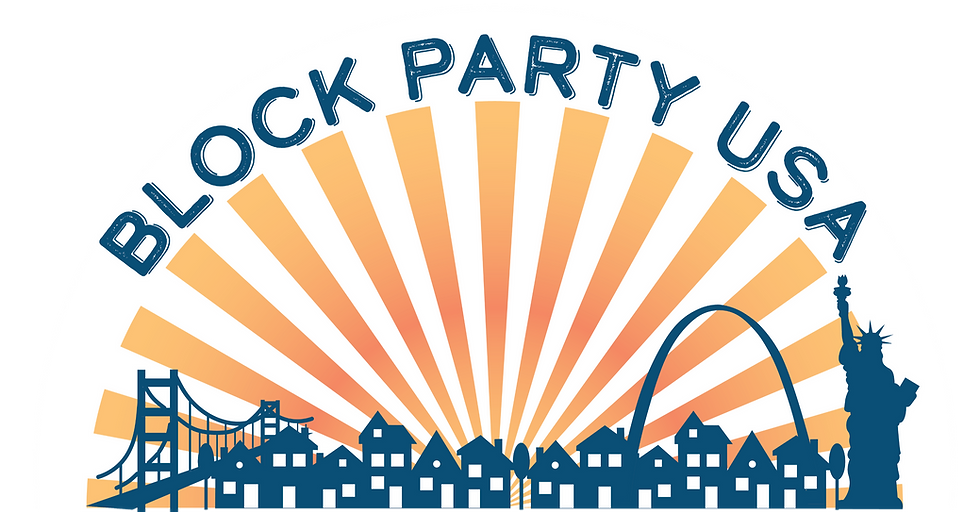Assume the Good, and Your Children Will Follow
- Vanessa Elias
- May 18, 2020
- 4 min read
Updated: Oct 29, 2024
As published on Good Morning Wilton and reprinted here.

As the days, weeks, and now months of this pandemic march on, our stress levels have not relented and we parents are feeling depleted. It will come as no surprise to know that when we are stressed and overwhelmed, our tolerance lowers and events that wouldn’t have phased us before, now cause us to want to cry or explode.
Parents have gotten frustrated with, offended by or outraged at the Wilton School District for lots of things during this very unusual year: the pace of transitioning to online learning; teaching methods used compared to other towns or private schools; efforts to survey input (April break); attempts to create joy (the ABC-days count down); the goal of fostering new skills (Let Grow); the choice of how to bring closure to the school year (Portfolio of Pride), the promotion of wellness for students and staff alike (two half-day Fridays); and most recently, the ultimate challenge of a safe plan for celebrating a milestone (graduation).
Two years ago, when Dr. Suniya Luthar came back to Wilton to discuss the results of a survey taken by Wilton High School students, she highlighted key areas that were negatively affecting our children’s well being. One of those items was the “fracture between parents and the school.”
“In Wilton, students who perceive that collaboration is low between the school and the parents are the most troubled.” Dr. Luthar compared it to the tension a child feels when their parents are fighting–they feel caught in the middle. “These are the kids who are feeling the most pressure and unhappiness.”
When we even subtly “teacher/district bash,” we deepen this fracture and risk decreasing morale and increasing the (already high) likelihood of burnout in those very people–teachers, staff and administrators–we are counting on to help us support our children’s education, growth, and wellness. Our assumption of neglectful or negative intent deflates staff and backfires. Despite their best efforts of “regular” teaching, staying positive on the other side of the zoom call, doing class drive-bys, sending letters to kids, and even delivering goodies bags to seniors, they feel that there is no winning.
Our children (and now even many of the parents) need, trust and get comfort from their relationships with, and expectation from, their teachers–and exponentially more so during this pandemic.
What can we parents do? We certainly shouldn’t give up on what we want for our children, but we can first operate with an assumption of goodwill. If we assume best intentions–that teachers and district staff and administration really are doing the best they can–the more our minds will expect to see the positive and the more we will see it.
How does that happen? Because people will rise to the level at which you see them. Your assumption of goodwill is powerful and strengthens the relationship.
This I know from experience.
Over the last seven years, I have had three girls in the district school system (one of whom is now in private school) and I have volunteered considerable time toward students’ mental, emotional and social well being. My experience has not been without challenges, some big, some small. However, even throughout my own frustrations, my mindset remained that, by and large, everyone was coming from a place of good intentions, and doing the best they could. I understood that there were other demands and limitations impacting action that were not part of my perspective or my knowledge.
We also need to remind ourselves that many teachers are managing this unprecedented way of teaching while trying to manage their own kids who have schoolwork of their own, or even young ones not yet in school. One of my daughter’s teachers expressed concern to me about a colleague who had young kids and was pulling all-nighters to get her online curriculum set up. Some teachers have elderly family they are trying to care for from afar. None of them are immune to the turmoil this pandemic has caused.
The next step toward improving the parent-teacher collaboration to which Dr. Luthar refers is to respectfully communicate our challenges, concerns, and questions directly to the teacher. Social media is tempting and you can find comfort in knowing you are not alone, but it won’t help you get to your goal. When you calmly let the teacher know what is a challenge for you or your child, you give understanding a chance and you open up a dialogue. When teachers (or staff or town officials) don’t feel attacked, you will be surprised by what you learn and how much your relationships will improve.
Assuming negative or neglectful intent is damaging to us, to our children, to our relationships, and to our community as a whole in “normal” times. During this pandemic of shared trauma, it can mean the difference between thriving and surviving despite the potentially lasting impacts. Our kids’ resilience rests on the well being of parents and of teachers. Let’s do all that we can to foster this and flatten our own community’s mental health curve.
Now, more than ever, it is critical that we assume positive intent and the goodwill of others. Our collective mental health depends on it.
About the Author
Vanessa Elias is a mental health activist, certified parent coach, speaker, and writer featured on NPR, PBS, and in the WSJ. She is the founder of Thrive with a Guide, LLC and serves as a group facilitator for the National Alliance on Mental Illness (NAMI). Block Party USA is her passion project. Vanessa helps parents achieve healthier family relationships and lasting, meaningful connections.s.



